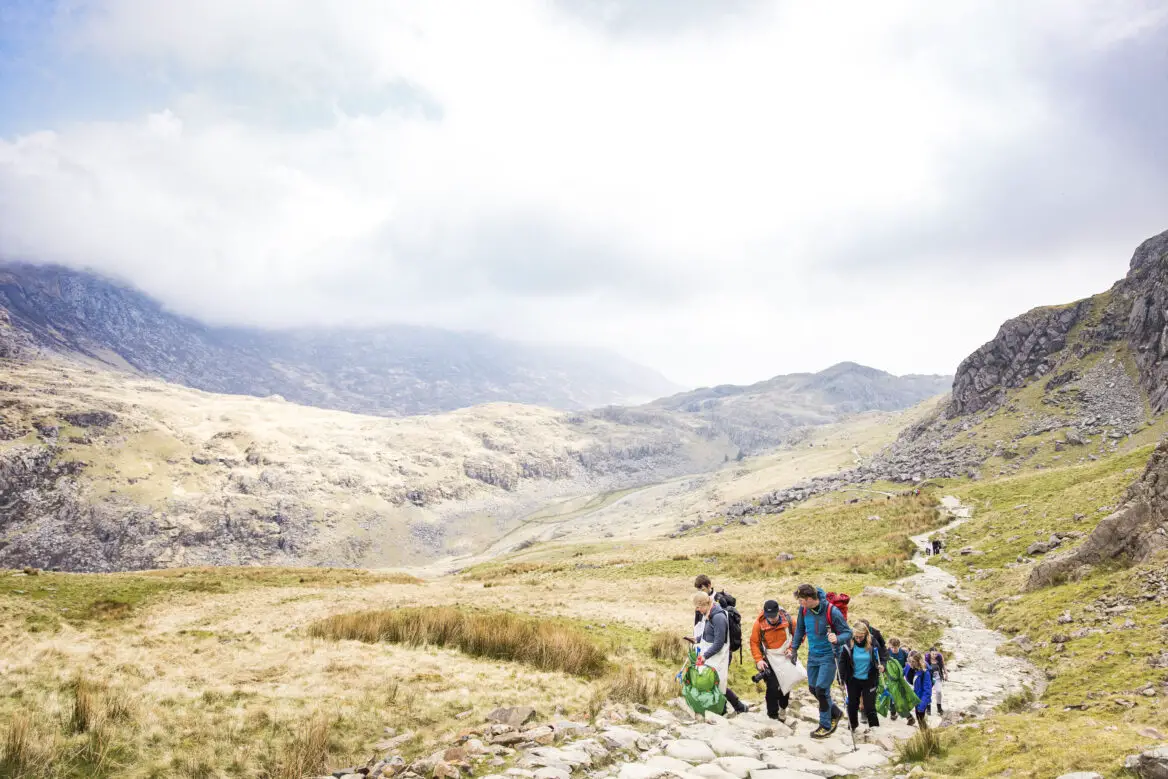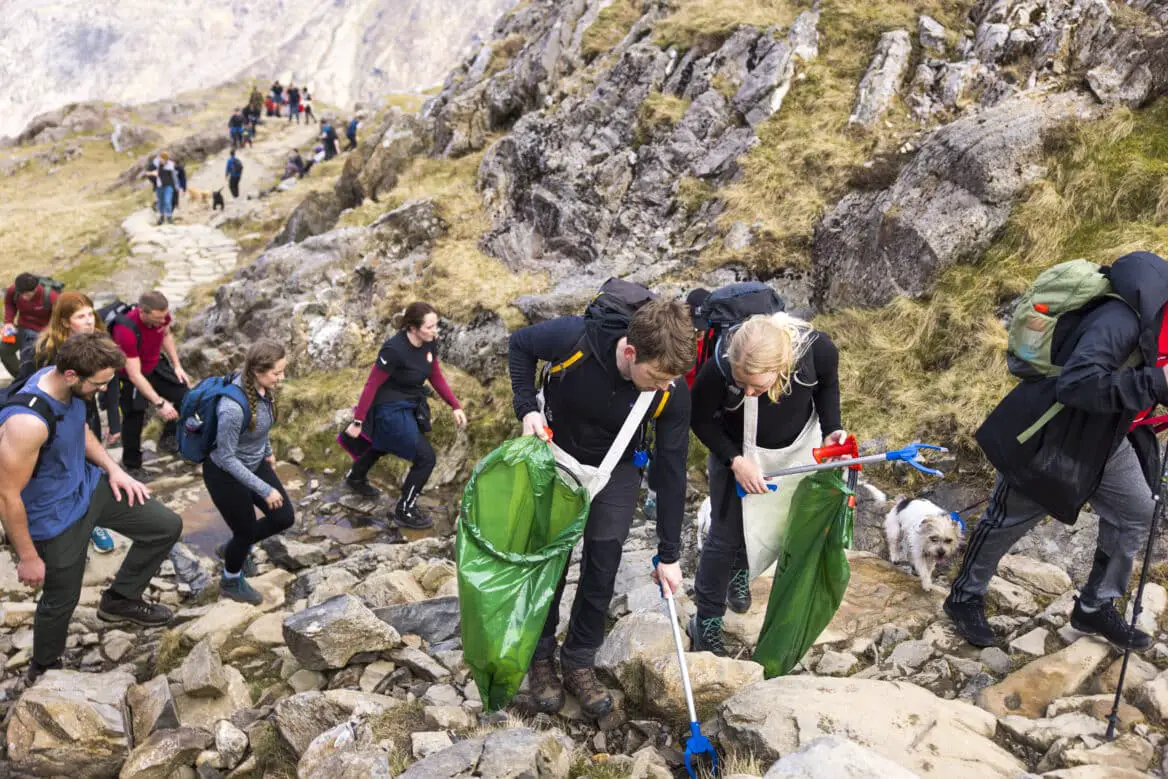Chipps tries to teach Californians about winter riding and ends up learning as much about himself.…
Trash Free Trails has published its ‘State Of Our Trails’ report, what it says is a ‘first of its kind study into the causes, prevalence, composition and impacts of single-use pollution on recreational trail ecosystems’. They’ve analysed data gathered from trail cleans between July 2020 and August 2023, looking at what types of litter pollution are found and where.

Key Statistics
● Over 216,000 individual items of litter removed from over 5000 km of UK trails by local communities
● Research shows an estimated 41 items of litter per km on UK trails
● Lucozade highlighted as the top brand of single-use drinks container found
● Over 1/5 of recorded ‘animal interactions’ with litter ended in death
● First of its kind study of plastic pollution in trail ecosystems in the UK

By analysing what is found they hope to be able to tackle the causes of litter pollution, rather than just continually picking up the result of it.
They’ve found that the brands found on trails differ from what is found in other litter picking exercises, with Lucozade, Monster and Red Bull featuring more prominently, alongside the appearance of High Five and SiS gel and energy products.
They’ve also found that disposable vapes have made a rapid advance: “In 2020, no Trash Count Report submissions reported disposable vapes. By 2021, 50% of all reports included them. In 2023 so far, 100% of surveys have reported
the removal of disposable vapes.”
In contrast, the data shows that the legislation which introduced charges for plastic carrier bags appears to be effective: “The number of single use plastic carrier bags found on the UK’s beaches from a high of 13 on average in 2013, to just three in 2021.”

Trash Free Trails has developed a five point manifesto:
1 – Call it what it is: Single Use Pollution
They want to shift the emphasis away from stopping people dropping ‘litter’ (although obviously, they shouldn’t) and on to the companies who are creating the single use pollution in the first place.
2 – Active (re)connection between people and nature; using the simple act of care that is represented by a trail clean as a tool for starting a journey towards that relationship.
They want people to access and enjoy nature. As part of this, they recognise the need to remove barriers to access, and will be supporting the Right To Roam campaign.
3. Policy changes to address single use litter pollution at source:
- Ban disposable vapes with immediate effect.
- An ‘all in’ deposit return scheme (DRS).
- Extended producer responsibility (EPR) legislation for single use packaging.
- Implement the recommendations of the High Ambition Coalition (HAC) of over 50 governments (including the UK) to end plastic pollution by 2040.
4. Own Your Shit
They want producers of single-use, mass consumption products to stop using their lobbying power to negative effect – for example in opposing deposit return schemes – and to face up to their corporate responsibility to reduce the environmental impact of their products.
5. The 2025 UN Plastics Treaty
Trash Free Trails wants countries to follow through on their March 2022 resolution mandating the creation of a multilateral treaty to address plastic by 2025. Representatives from 173 countries (including the UK) passed this resolution, which would lead to vital improvements in the standardisation, harmonisation and centralisation of single use product pollution monitoring, in service of the aims and objectives of a new, legally binding, UN Global Plastics Treaty.

What Can You Do?
Trash Free Trails is inviting individuals to:
- Stop using the term ‘litter’ and tell your friends why.
- Send the Report to your MP
- Share the Report in your workplace; organise a team trail clean.
There are further recommendations for organisations and policy makers.
Mag Features
all the ARTICLES fROM
The Magazine →


You must be logged in to reply to this topic.